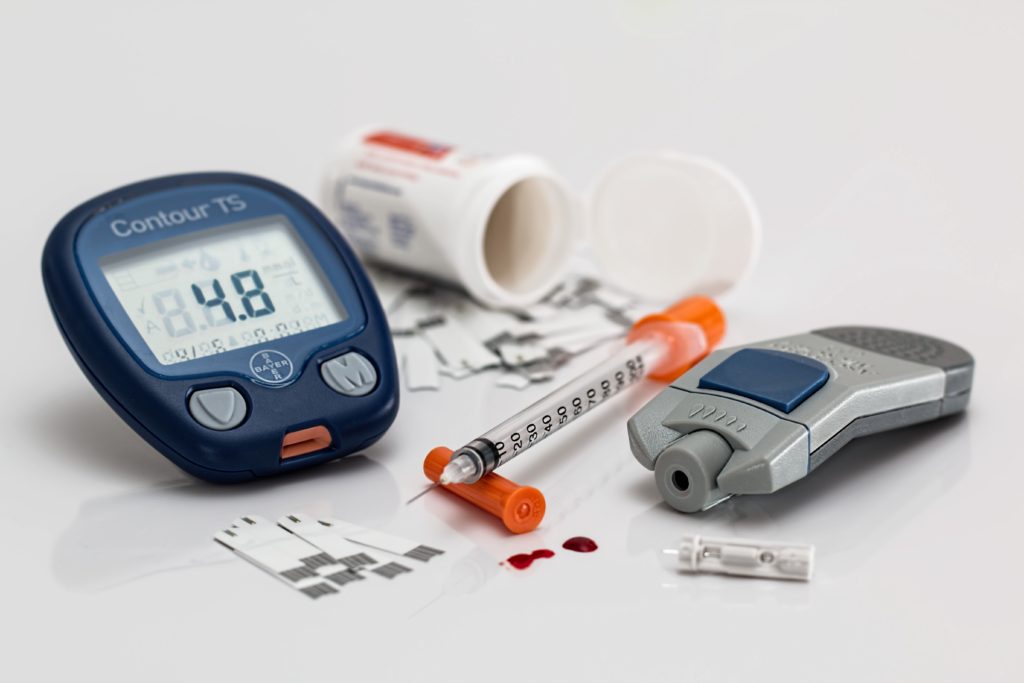Prebiotic INULIN Boosts INSULIN SENSITIVITY in Overweight Adults
GASTROENTEROLOGY NERD ALERT
Prebiotic INULIN Boosts INSULIN SENSITIVITY in Overweight Adults
First of all, what is INULIN?
From Web MD: “Inulin is a starchy substance found in a wide variety of fruits, vegetables, and herbs, including wheat, onions, bananas, leeks, artichokes, and asparagus. The inulin that is used for medicine is most commonly obtained by soaking chicory roots in hot water.
Inulin is commonly used by mouth for high blood fats, including cholesterol and triglycerides. It is also used for weight loss, constipation, diarrhea, and diabetes.
Inulin is not digested or absorbed in the stomach. It goes to the bowels where bacteria are able to use it to grow. It supports the growth of a special kind of bacteria that are associated with improving bowel function and general health. Inulin decreases the body’s ability to make certain kinds of fats.”
Second, what is INSULIN SENSITIVITY?
As described in this article on MedPage Today https://www.medicalnewstoday.com/articles/323027.php: “Insulin sensitivity refers to how sensitive the body’s cells are in response to insulin. High insulin sensitivity allows the cells of the body to use blood glucose more effectively, reducing blood sugar. Some lifestyle and dietary changes may help improve this sensitivity.
Insulin is a hormone that helps the body control the level of sugar, or glucose, in the blood.
Low insulin sensitivity is known as insulin resistance. The cells do not absorb as much glucose, which might lead to excessively high blood sugar levels. Without management, this can progress to type 2 diabetes.
Insulin sensitivity varies between people and can change according to various lifestyle and dietary factors. Improving it may benefit those who have or are at risk of type 2 diabetes.”
So then what does this article mean? Prebiotic inulin, in the form of foods or supplements, may help to better control blood sugars, prediabetes, and diabetes!
The article in MedPage Today summarizes in greater detail, “Improved whole-body insulin sensitivity after increased dietary fiber intake has been linked to increased colonic production of the three major short chain fatty acids (SCFAs) — acetate, propionate, and butyrate, which are end products of dietary fiber fermentation by the gut bacteria.
“It’s consistent with other studies showing that if you provide fuel for the gut microbiome, it often has a beneficial effect,” added Schmidt, who was not involved with the current research.”
- https://www.medpagetoday.com/gastroenterology/generalgastroenterology/79211
- https://gut.bmj.com/content/early/2019/04/10/gutjnl-2019-318424
So what can you do? Inulin (or chicory root) can be eaten in the foods mentioned above or taken as a supplement in a powder or gummy form (easy to find on Amazon or a health food aisle).
As mentioned many times before on our blog and social media posts, there is SO MUCH to learn about the gut microbiome’s influence on our health – from blood sugar control and weight management, to depression/anxiety, to gut symptoms and colon cancer risks. I eagerly anticipate learning all that science will have to offer on this topic in the decades to come.
Please call 224.407.4400 or visit compgihealth.com schedule an appointment. We are eager to share all we know about the impact the gut microbiome may have on your health and wellness, as well as all of the nutritional changes you can make to optimize your gut flora.
CONSULTATIONS WITH OUR DIETITIAN ARE ROUTINELY COVERED BY STANDARD HEALTH INSURANCE – take advantage of the opportunity!

